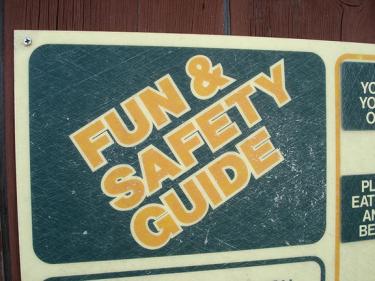Landowner Liability 101
You may be thinking: wait, doesn’t the law protect me as a landowner?
The answer is yes and no. Many states have statutes in place to limit landowners’ liability when others enter or use their land. But the fact is you will incur some risk—and some liability—any time someone is on your property. How much risk depends on your relationship with the person on your land, and the level of care (what the law calls “duty of care”) that relationship requires.
A trespasser enters your property without permission and has no right to be there. That means your duty of care or responsibility to a trespasser is very low. As long as you don’t engage in gross negligence or willful misconduct that harms the trespasser, you’re not liable for any dangers they encounter on your land.
However, your duty of care is higher if the trespasser is a child. According to something called the attractive nuisance doctrine, if some feature on your property—a dock, shed, or piece of machinery, for example—might attract a child’s attention, you may be required to keep that area reasonably safe.
A licensee is a person who visits your property with permission but doesn’t pay you to use it. The duty of care for licensees requires that you warn them of any known dangers on your land. In some states, you may be responsible for repairing those dangers as well.
An invitee is someone who enters your land for your financial benefit. Anyone who pays a fee to hunt, fish, camp, or otherwise spend time in your woods is an invitee. According to the law, they’re owed the highest duty of care. That means you’re required to regularly inspect your property, remove or repair any dangerous conditions, and also warn invitees about the conditions.
Knowing your legal responsibilities and protections is a good start to managing your risk as a woodland owner. But here are a few more steps to keep yourself and your assets secure:
- Regularly walk your property and stay aware of hazardous conditions on it, whether you’re inviting others onto your land or not.
- With an attorney’s help, draft liability release forms for people who recreate on your property.
- Draw up a specific list of rules for activities that take place on your land, and make them easily available to all visitors.
- Get the right liability insurance for your needs. Insurance can protect you from legal gray areas.
Want to learn more about insurance, liability and landowner law? These resources can get you started.
How can I get more tips?
It’s simple! Enter your email below.

